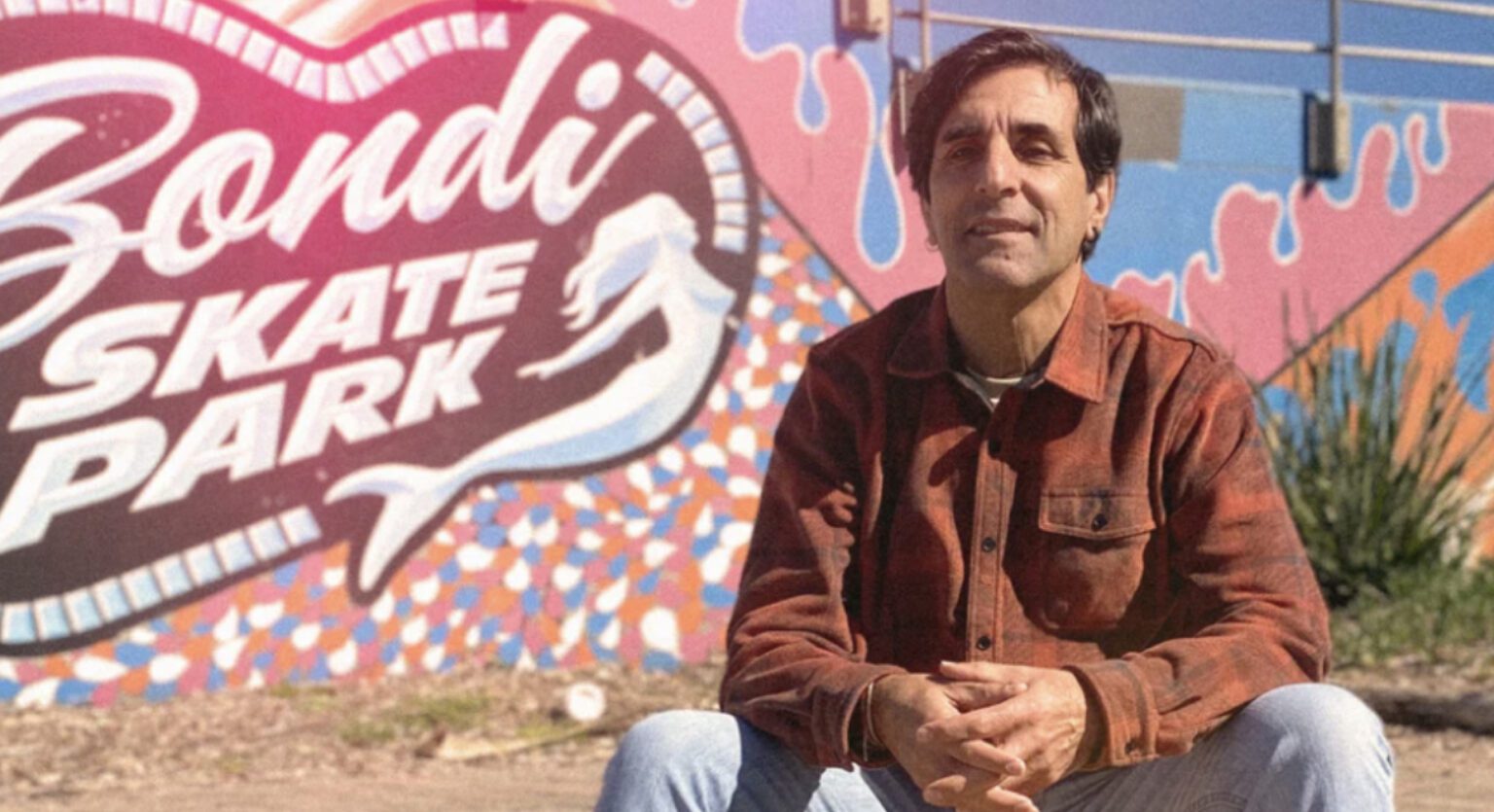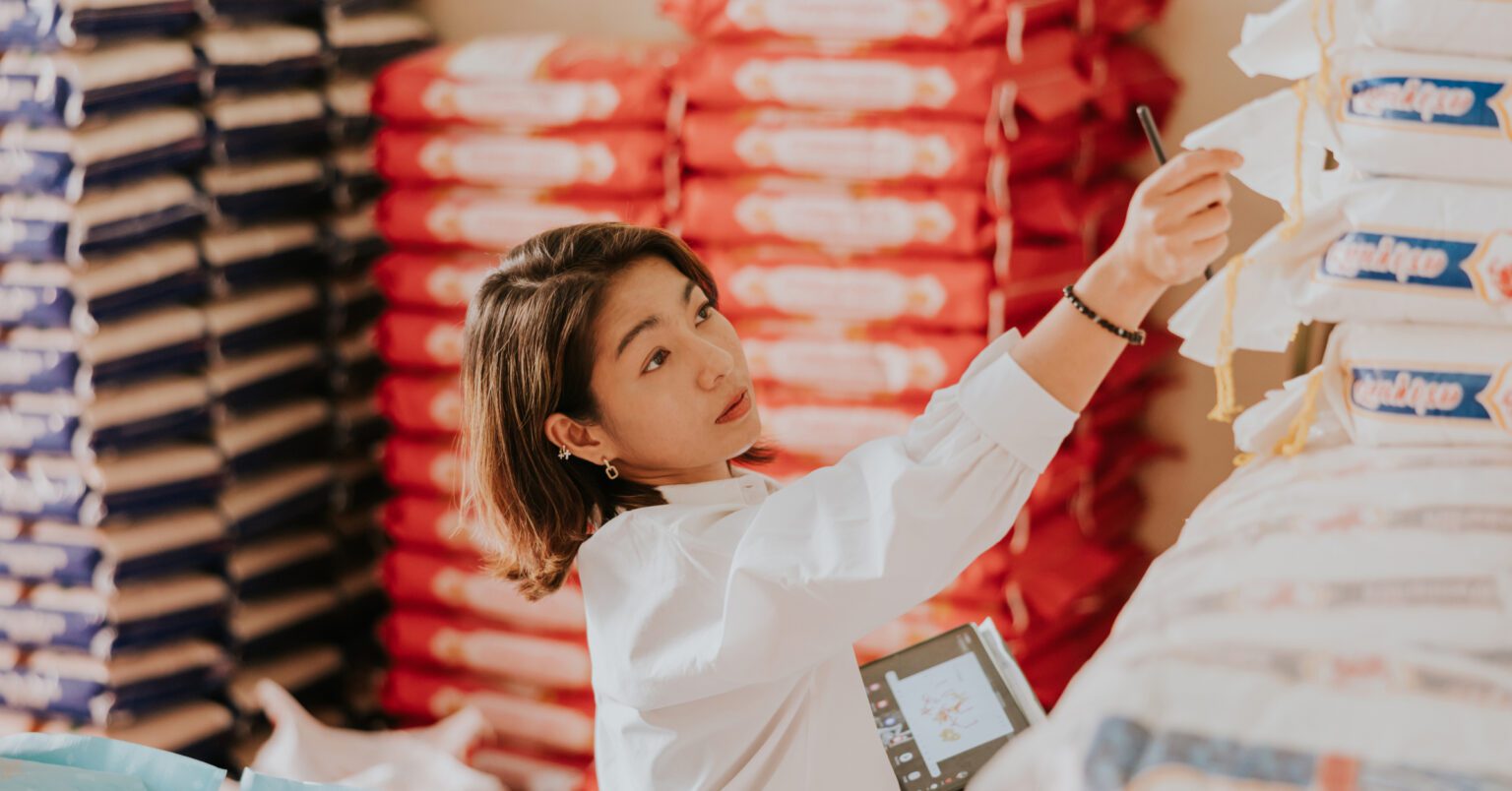Health and beauty entrepreneur James Vivian offers tips for how to navigate the challenging early days of scaling a thriving small business.
At a glance
Here’s a snapshot of the advice from our interviewee:
- When starting your own business, keep overheads low, create a distinctive niche and build your client database.
- Challenges for self-starting entrepreneurs include knowing how to price your services accurately and avoiding burnout.
- Scaling your business should take into account the potential for brand dilution and your desired work-life balance.
In Prospa’s ‘I wish someone had told me that’ series, we speak with seasoned small business owners to hear their advice on growing a business and what they wish they were told along the way. Click here to read the rest of the ‘I wish someone had told me that’ series.
James Vivian started out in the health and beauty sector with nothing but a car and basic equipment. Today, he runs a dermal therapy clinic in Melbourne that bears his name. He also works with Adore Beauty as the creative director of his own line of skincare products.
His adaptations to Australia’s transforming health and beauty sector have been more than skin-deep, and offer lessons for both newcomers and veterans.
Finding a niche
“I enrolled in a Diploma of Beauty Therapy and later did a Bachelor of Health Science in dermal therapy. After I did the chemistry component, which was heavily centred around chemicals and chemical peels, I started a side gig called The Travelling Peelsman. I bought a mobile treatment bed and a bag of peels, and I’d drive around to people’s homes or they’d come to me.
“I started off very small; my first customers were my mum and then my girlfriends. Within six months, I had all of these clients in both Melbourne and Sydney and I was getting a lot of press attention. I think there were a few things that made me successful.
“Firstly, my branding stood out. It was very cute and colourful. I did skin soirees, so I could see multiple people at once. I also wrapped my Mini Cooper in branding and called it the Peel Mobile. It was all pretty kitsch.
“Secondly, I was targeting a demographic that wasn’t being looked after historically. A group of men and women that don’t want to – or couldn’t – get to a clinic.
“Finally, there were no overheads other than petrol and the cost of the chemicals for the peels.”
Learning how to value
“One thing I wish someone had told me back then was that my prices were far too low. I’m not complaining – for me at that time, I felt like I was getting enough. It was such a privilege (and it still is) to be in the position to look after someone. But my prices were very low and that was a reflection of me doing something that wasn’t really being done elsewhere, and also me not taking into account how I was going above and beyond.
“I was demonstrating exceptional customer service, but it was very labour intensive.”
Navigating crises
“I then rented my own two-room clinic up the road, which grew over time. I had some of my employees take the other room and we hired more people to help us out. We stayed there for seven years. Around that point my mentor, Maria Vovos, came to me and said, ‘James, I want to retire. Would you like to buy my clinic?’
“I thought it would be an amazing way to carry on her legacy, pick up new clients and move to her beautiful clinic in Toorak – a clinic I’d always been enamoured with. I was about to buy it when COVID hit, so unfortunately we had to shut those conversations down.
“Our industry was heavily affected by lockdowns; obviously we weren’t an essential service. But being a hard worker by nature, I still wanted to help our clients even if our doors are closed. We had a small social media presence before we went into lockdown, but we pivoted so that it grew as time went on.
“We kept it lively. For example, I’d do my morning and evening skincare routine while people followed along. It sounds ridiculous, but what else were you going to do in lockdown?
“When we came out of the first lockdown, we were busier than ever. I called up Maria and said, ‘We need your space.’
“We moved in a week before the second lockdown. Talk about timing. Thankfully for us, we had about a 50/50 revenue split between treatments and product sales. So while that first 50% disappeared, we well and truly made up for it with the skincare products we were shipping, aided by social media. At the same time, we were using platforms to find new clients during lockdown, and connecting with them via phone consultations.”
Scaling up
“I was convinced that we would open up bigger than ever once the lockdowns ended. So while it was a huge risk, we expanded again. We rented out the place next door and renovated it. Today, we would be lost without it. We’ve got five treatment rooms that are fully booked. We were so busy last year we had to close our books a few times and not let any new clients come through.
“The way forward is to licence the James Vivian brand to other businesses. I like that model because I have always done far too much work for one person, and it has led to severe burnout.
“I think there are a few causes. If you’re a self-starter you can struggle to delegate. Not because you don’t trust other people, but because all you’ve ever known is trusting yourself. The other part is what was once crucial for you to do – the business development and entrepreneurial work – becomes the day-to-day work and it becomes hard to differentiate between the two.
“In terms of licensing, I’ve got that happening with Adore Beauty, where Viviology, my line of products, has been launched with me as creative director. That means I can make creative decisions but the day-to-day running of the business isn’t on me.
“In the future, it would be great to licence to hotel chains that want to have a mini James Vivian in their day spa.”
Looking to scale and grow? Manage cash flow and reduce admin with a Prospa Business Account, a free, easy-to-use everyday transaction account.









